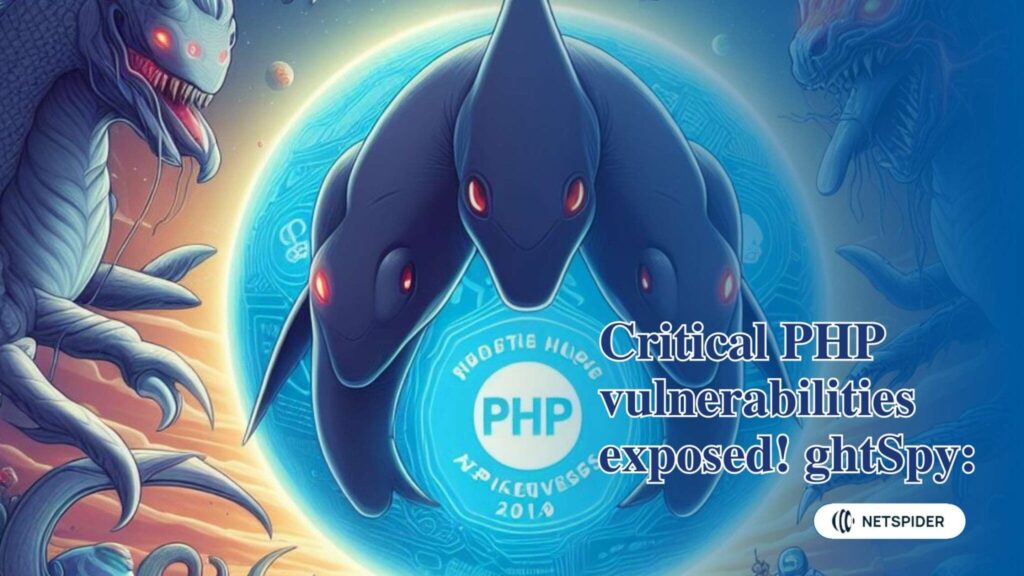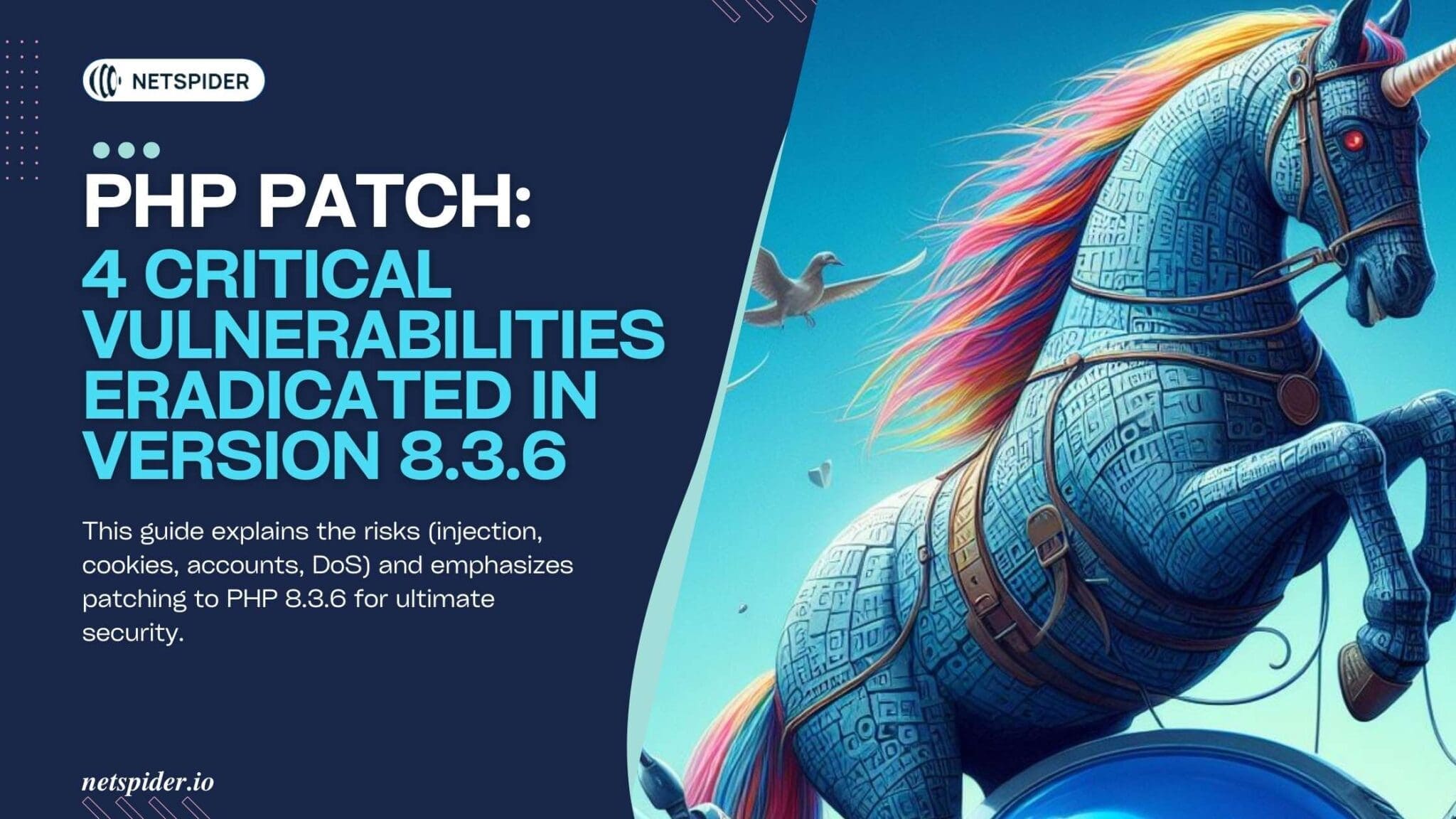Several severe vulnerabilities have emerged in PHP versions predating 8.3.6, leaving your applications susceptible to potential attacks. We delve into these vulnerabilities and stress the importance of implementing the most recent PHP patch (version 8.3.6) to safeguard your applications.
Understanding the Threats: Critical Vulnerabilities in PHP
These recently identified vulnerabilities significantly threaten applications built with older PHP versions. Let’s break down the specific issues addressed by the PHP patch:
- Command Injection (CVE-2024-1874): This vulnerability allows attackers to execute arbitrary commands directly on the server, granting them significant control over your system.
- Cookie Bypass (CVE-2024-2756): This stems from an incomplete fix for a previous issue (CVE-2022-31629) and could allow attackers to steal or manipulate sensitive cookies containing crucial user information.
- Account Takeover (CVE-2024-3096): This vulnerability exploits how PHP handles null bytes in passwords. Attackers can leverage this to gain unauthorized access to user accounts within your application.
- Denial of Service (CVE-2024-2757): This vulnerability disrupts your application’s functionality by triggering an infinite loop, potentially rendering it unavailable to legitimate users.
While the full severity of these vulnerabilities is still under evaluation, it’s imperative to address them promptly to safeguard your applications and user data.
The Solution: Implementing the Essential PHP Patch
Fortunately, as mentioned earlier, the PHP team has released version 8.3.6, a critical PHP patch that effectively addresses all the vulnerabilities. Upgrading to this version is the most effective way to mitigate these risks and significantly enhance your application’s security posture.

Strengthening Your Defense: Recommendations Beyond the PHP Patch
While applying the PHP patch is crucial, here are additional practices to further fortify your PHP applications:
- Prioritize Regular Updates: Stay informed about the latest security updates for PHP and ensure timely implementation of these patches. Regular patching is vital for maintaining a robust security posture.
- Code Review and Sanitization: Regularly review your code for instances where user input is used in commands. Implement robust sanitization practices to neutralize any malicious code before it becomes a threat.
- Input Validation: Always validate and sanitize all user input before processing it. This helps prevent exploitation attempts that could leverage user-provided data.
Stay Vigilant: Proactively stay up-to-date on the latest cybersecurity threats and vulnerabilities affecting PHP applications. This allows for proactive measures to mitigate potential risks.
FAQ:
1. I’m using PHP 8.3.5; am I still vulnerable?
Even though you’re on a relatively recent version, critical vulnerabilities have been discovered in versions before 8.3.6. Upgrading to PHP 8.3.6 is highly recommended to ensure the most secure environment.
2. What are the risks of not patching my PHP application?
Leaving your application unpatched exposes it to various threats. Attackers could potentially steal user data, gain unauthorized access to accounts, execute malicious code on your server, or even crash your application entirely.
3. Is patching to PHP 8.3.6 the only security measure I need?
While patching is crucial, it’s not the sole defense. For comprehensive security, consider additional practices like:
- Regularly updating PHP with the latest patches.
- Reviewing code for instances where user input is used in commands and implementing sanitization.
- Validating and sanitizing all user input before processing.
- Staying informed about emerging cybersecurity threats.
